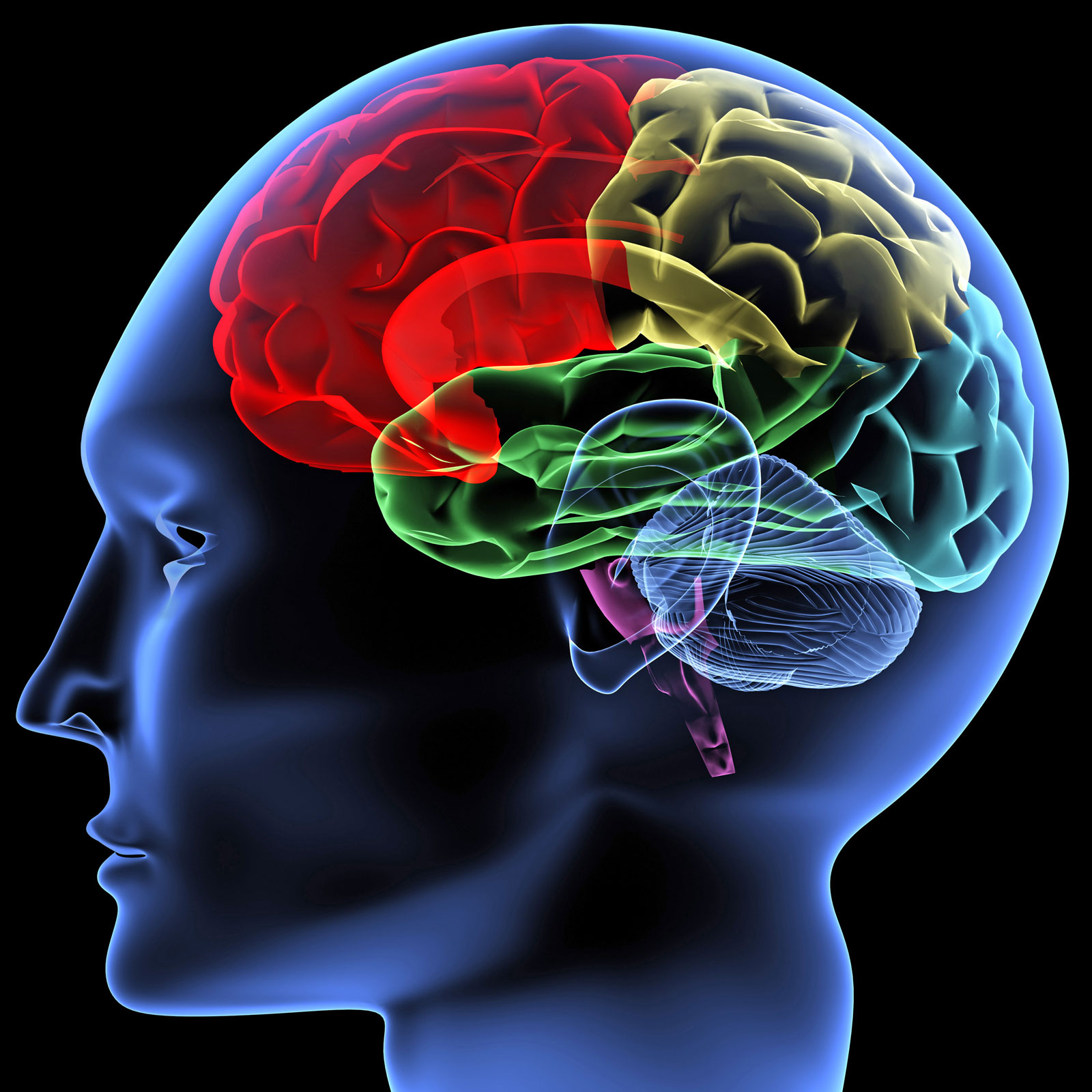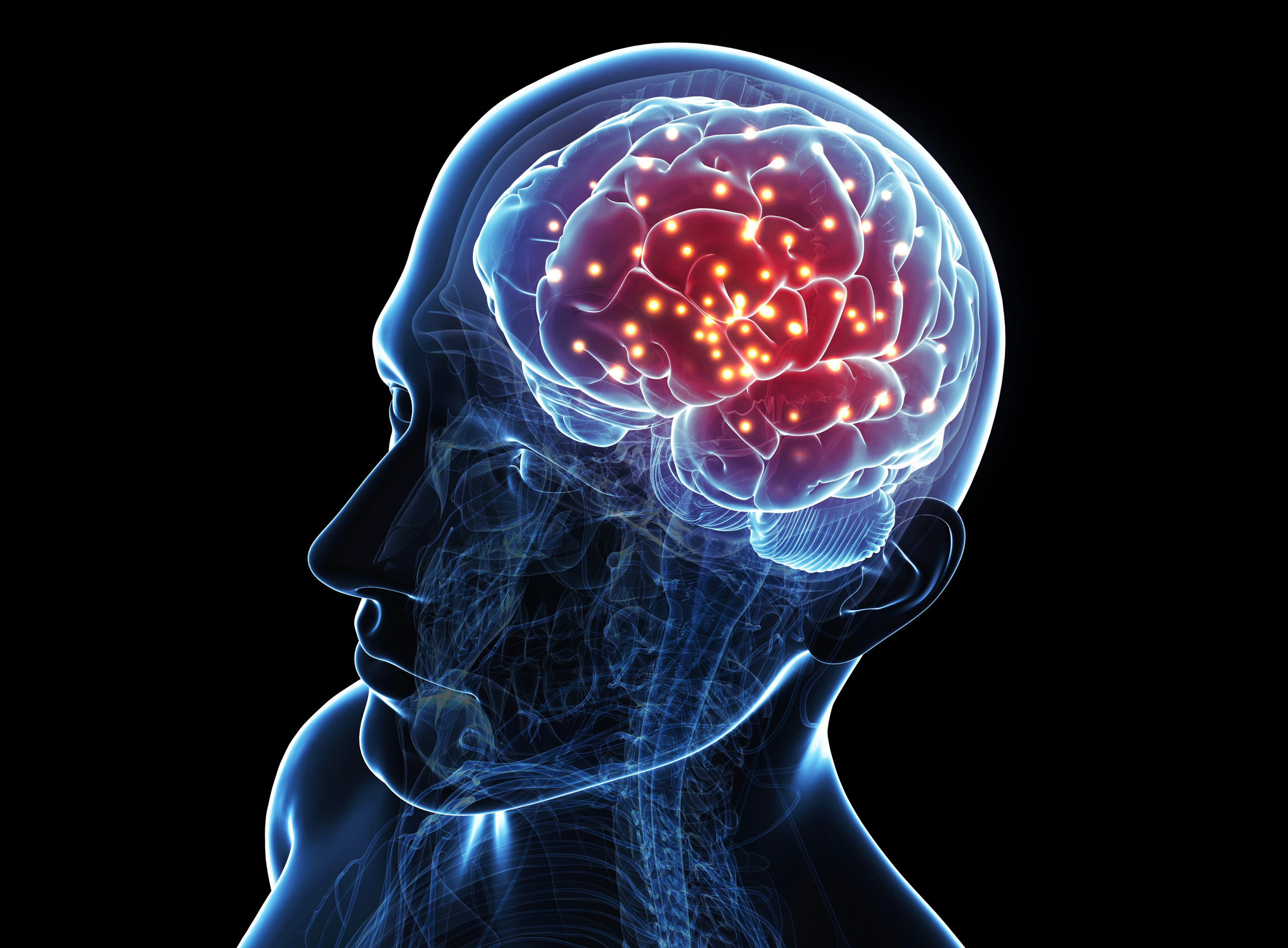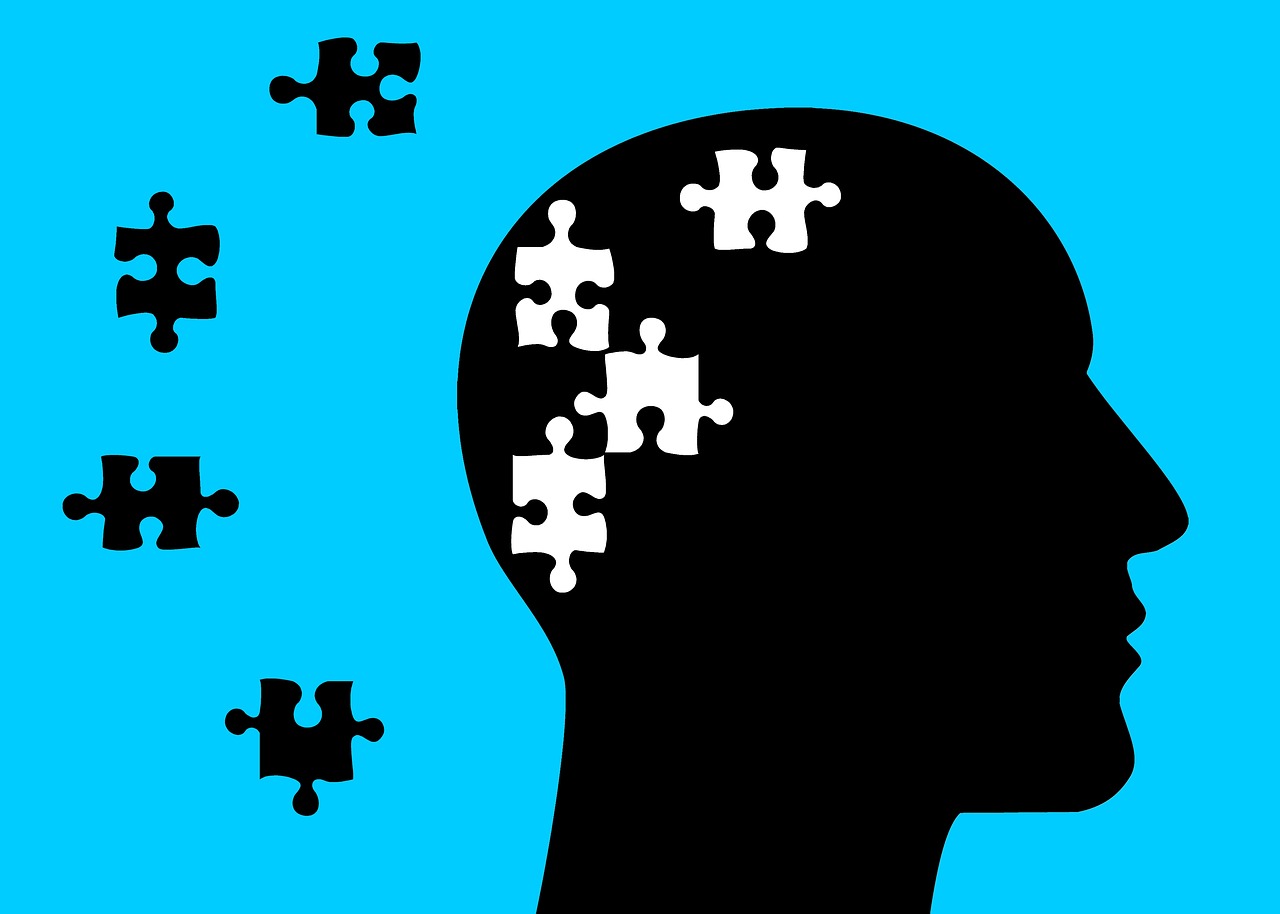
What is Your Eidetic Memory
What is Your Eidetic Memory
Contents
Eidetic memory: what we know about it
What is eidetic memory?
Some rare people are endowed with an exceptional memory, also called eidetic or hyperthymesia. Many things remain to be discovered about memory—the presentation of this phenomenon in our article.
Processes of memorization
The study of learning and memory disorders has allowed us to define the memorization process schematically.
Memory is the product of 4 distinct types of processes:
- encoding: the process by which new information is memorized;
- consolidation: modification of newly stored information to make it more stable and store it in the long term;
- storage: keeping information over time;
- Recall: recalling and using the stored data.
Not all information follows the same pathway, depending on its nature and conditions of use.
Anatomically, certain brain areas have been recognized as capable of one type of memory rather than another but are not correlated with a particular memorization process.
Different types of memory
There are roughly two types of memory:
Procedural memory is the memory of activity, behavior, know-how, and skill (riding a bike, playing football, knitting, driving a car…). It is not accessible to consciousness.
The second type of memory is declarative memory. It concerns information that is easily verbalized and accessible to consciousness.
It is divided into several entities:
- Short-term declarative memory (a few moments to a few days): a system with limited capacity dedicated to the temporary storage and manipulation of information (understanding, reasoning, etc.);
- Long-term declarative memory (years): further subdivided into episodic memory (personally experienced facts), semantic memory (culturally shared knowledge), and autobiographical memory (identity facts).
Yeah, at this point, you must be thinking of those geniuses in America Got Talent. Indeed, some individuals have overdeveloped memory capacities. Consider it God-gifted or any miracle of the sort… How else can science describe this?
What is eidetic memory?

The difference between a brain capable of eidetic memory and another is unknown. This extraordinary memory is not within reach of learning but rather a better memory capacity.
A certain genius
The eidetic memory corresponds to the faculty of memorizing, during an indefinite time, an extraordinary quantity of information. It is called hyperthymesia.
There have been several geniuses with absolute memory (hyperthymesia). Mozart, an exceptional Austrian composer, has remembered the composition of Gregorio Allegri’s Miserere, heard only once during an Easter mass in the Sistine Chapel.
Other historical figures have been described as having absolute memory:
- Napoleon Bonaparte, French emperor;
- Nicolas Tesla, Serbian inventor;
- Bobby Fischer (American) and Gary Kasparov (Russian) chess players.
The eidetic memory capacity is more related to short-term declarative memory.
Eidetic memory is sometimes associated with autism.
Asperger’s syndrome
Asperger’s syndrome is a form of autism without intellectual disability or language delay but with difficulties adapting to everyday life.
Certain character traits are common among Asperger’s autistics:
honesty, relational loyalty;
respect for rules and punctuality
a desire to progress;
a sense of detail rather than of the whole.
Autistic qualities also distinguish the Asperger’s person:
- good to excellent visual memory;
- a fresh perspective on problem-solving.
Some Aspergers are also considered to have an eidetic memory. The existence of this gift with the autistic disability has no scientific answer to date.
I hope this post has pleased you. Are you one, or do you know of those geniuses? Kindly share your experience in the comments below!
Read more:
You May Also Like

The Origin Of The Universe – The Big Bang And Steady-State Theories (Part 3)
2021-11-12
From Fire to Artificial Intelligence: How Science Has Evolved
2023-02-27



2 Comments
Pingback:
Pingback: